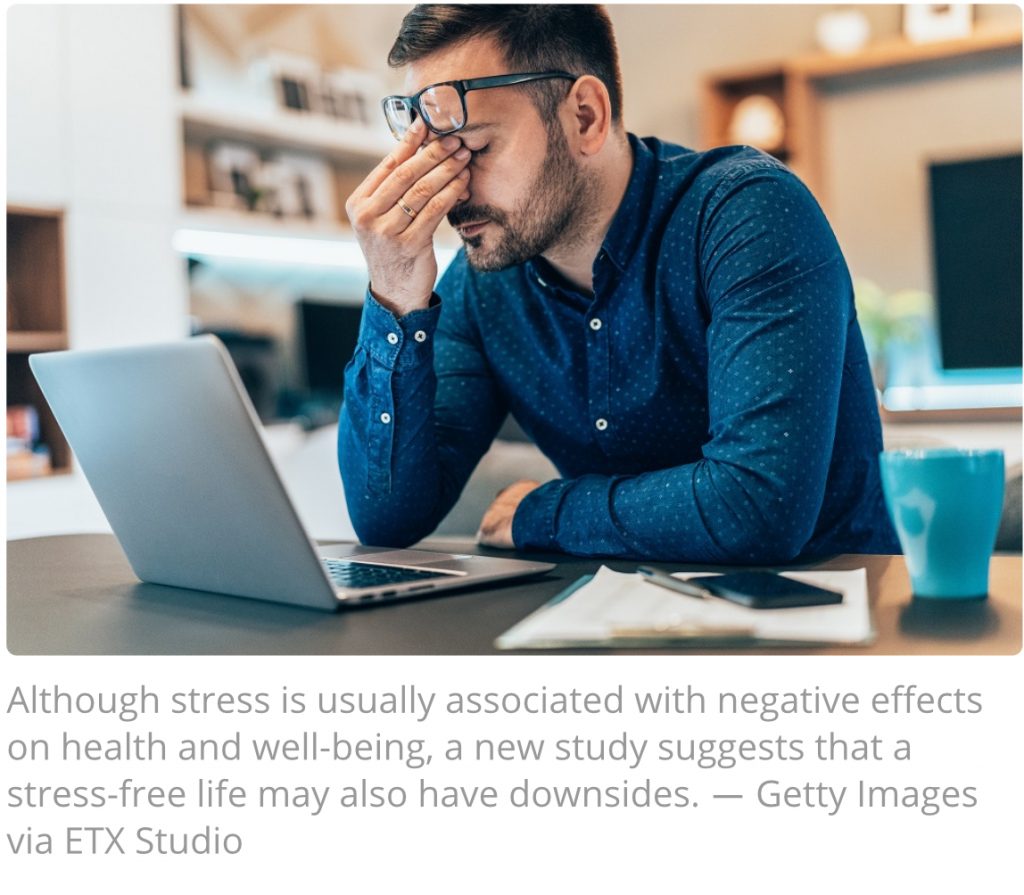
Who would have thought it? For the first time, a study has highlighted certain positive aspects of stress, which could potentially benefit the brain. The research reveals that people who never ― or rarely ― experience stressors may be more likely to have lower cognitive function.
For decades, stress has been the focus of much research, which has continually ― and rightly ― highlighted its negative effects on health. From headaches and skin problems to digestive disorders, anxiety, irritability or even lifestyle impacts, the consequences of stress are many and varied, and they usually aren’t good news for people’s health.
Now, researchers at Penn State University in the US have, for the first time, studied the matter from a different angle. They focused on people who were exposed to no, or minimal stress, and sought to find out whether these individuals were in better health. “The assumption has always been that stress is bad. I took a step back and thought, what about the people who report never having stress? My previous work has focused on people who have higher versus lower levels of stress, but I’d never questioned what it looks like if people experience no stress. Are they the healthiest of all?,” explains the study’s lead author, David M. Almeida.
Published in the journal Emotion, the study draws on data from almost 2,800 people, who were first asked to take a cognition test. They were then interviewed every night for eight consecutive nights about their well-being ― in particular any chronic conditions they might suffer from, their mood, and the number of stressors encountered during that day. The researchers found that participants who reported experiencing no stressors ― or around 10 per cent of the group ― were, unsurprisingly, less likely to have chronic health conditions and experience better moods throughout the day.
However ― and here’s where it gets interesting ― these participants also performed lower on the cognition test, showing a significant difference. Moreover, the researchers state that people who suffered no stressors were also less likely to report giving or receiving emotional support, as well as less likely to experience positive things happening throughout the day.
One of the possible explanations suggested by the researchers is the fact that being confronted with small day-to-day stressors can create opportunities for people to solve problems, which may be good for cognitive function. Still, it appears to be a question of dosage, with stress generally remaining particularly bad for people’s general health. In fact, stress is considered a major public health challenge the world over ― and even more so since the onset of the pandemic. ― ETX Studio








